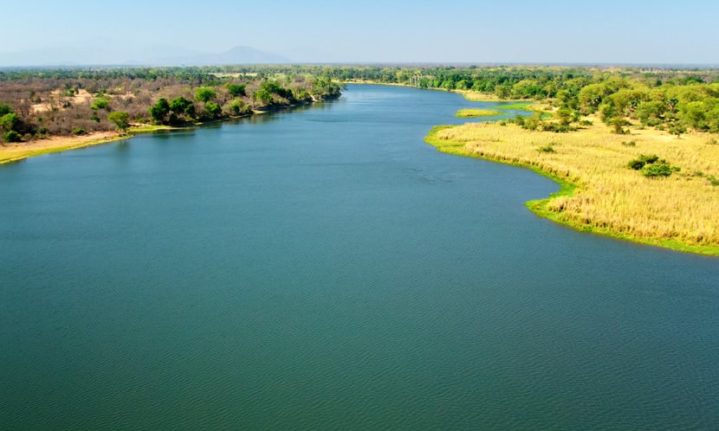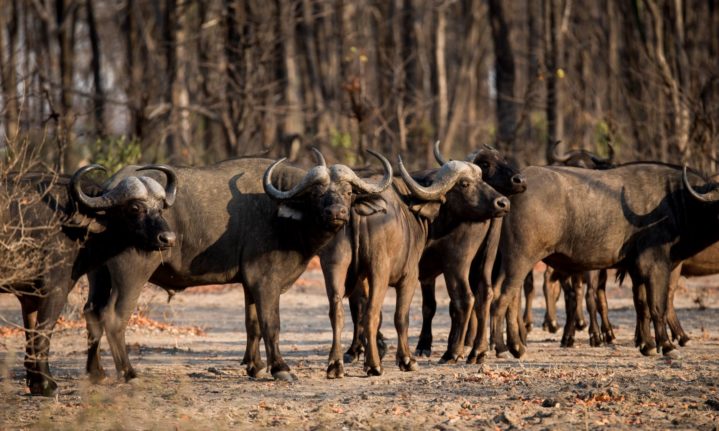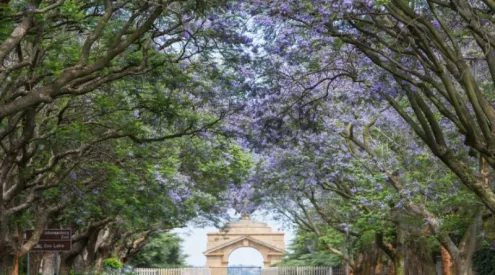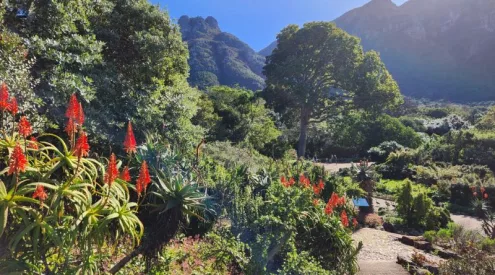Malawi’s Department of National Parks and Wildlife (DNPW), African Parks (AP) and International Fund for Animal Welfare (IFAW) plan to embark on a widescale elephant translocation, intending to move 250 of these massive mammals in July.
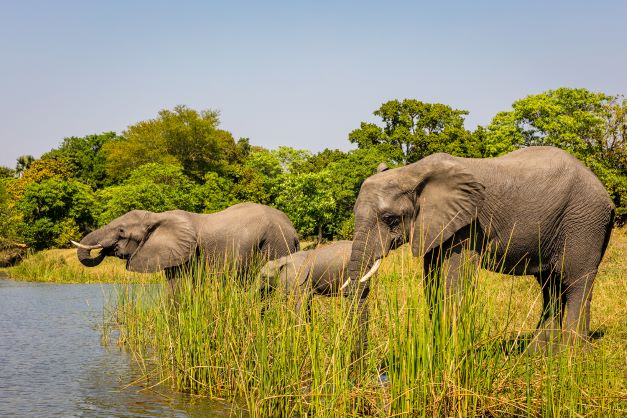
Elephants in Liwonde National Park. Picture: Marcus Westberg/ Supplied
The plan is to transport the animals from Liwonde National Park to Kasangu National park 350 km away.
Poaching has been practically eliminated in Liwonde, and elephant numbers have grown to the point that it is putting pressure on natural resources and creating conflict situations with local communities.
Today, the park is well-positioned as a source from which to help repopulate Kasungu – which holds 120 elephants with the potential to support more. The 250 extra elephants sent to Kasungu will ensure the long-term conservation of Kasungu elephants.
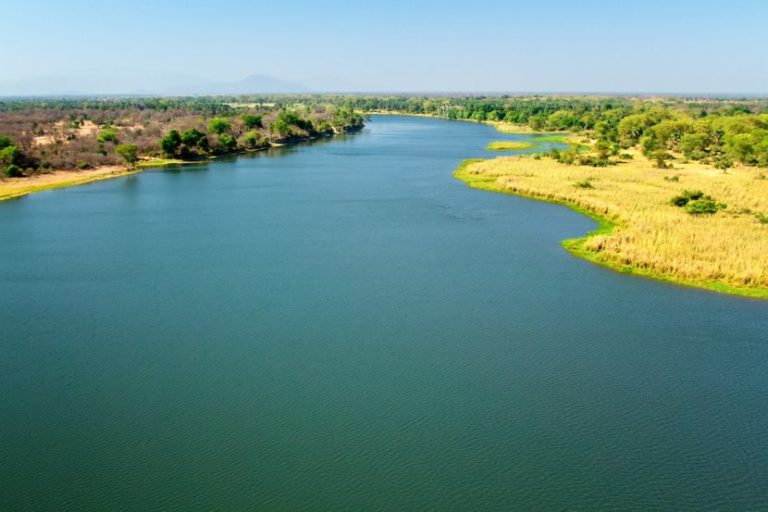
Liwonde National Park. Picture: Frank Weitzer/ Supplied
‘This translocation is another significant landmark for Malawi, which has become a model of excellence for the rehabilitation of important conservation areas,’ said Brighton Kumchedwa, Director of DNPW. ‘We’re delighted to be collaborating with long-term partners African Parks and IFAW to invest in the protection of wildlife resources while instilling pride in Malawi’s people who are part of contributing to the success of these national parks today and for the future.’
In 2016, African Parks undertook one of the largest elephant translocations in history relocating 520 elephants, of which 366 were moved from Liwonde, to alleviate habitat pressure, reduce human-wildlife conflict and repopulate Nkhotakota Wildlife Reserve. Cheetahs and lions were reintroduced to Liwonde in 2017 and 2018 respectively, followed by a black rhino translocation in 2019 and wild dogs in 2021.
READ: Wild dogs return to Malawi for the first time in decades
‘IFAW has worked to end poaching in Kasungu NP since 2015—when we started just about 50 elephants remained, down from about 1,200 in the 1970s. Poaching has drastically reduced and elephant numbers are growing—there are now 120 elephants—but the population still remains too low to be viable. The introduction of an additional 250 elephants from Liwonde NP will change that scenario,’ said Patricio Ndadzela, IFAW Chief of Party in Malawi
ALSO READ
Elephants determine herd membership from smell alone, research reveals









